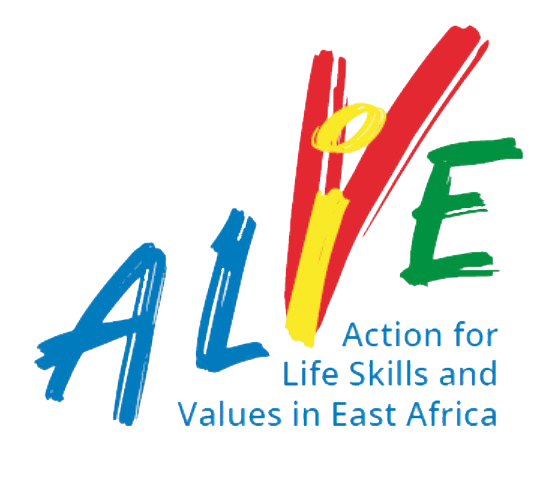Jaimie Bleck | Robert Dowd | Danice Guzman | John Mugo | Jackline Oluoch-Aridi Education is thought to be an essential tool for building social cohesion in an ethnically diverse society. This paper evaluates the effect of exposure to a more diverse student body on trust, tolerance, and patriotism in one country where the government has made explicit efforts to use schooling to foster social cohesion: Kenya. In the wake of electoral violence in the 2007 elections, Kenya’s government expanded the number of ‘national schools’, schools with required regional diversity quotas, from 18 to 103. We leverage the policy change to compare 984 secondary students in schools that differ in their use of a diversity quota. We measure friendship with outgroup members, trust, tolerance, and national identity. Our findings indicate that national school students are more likely to have inter-ethnic friendships and are associated with a higher prioritization of civic national identity over subnational identities. We find that diverse friendships act as a mediating factor for increased trust and tolerance. Download Article
Stella Rose Akongo | Martin Ariapa | Mauro Giacomazzi | This systematic review explores the relevance, implementation, and assessment of 21st century life skills education in sub-Saharan Africa, with a focus on socio-emotional learning, soft skills, and resilience. It identifies life skills as essential for youth development, particularly among vulnerable populations facing social and economic adversity. Despite policy recognition across sub-Saharan Africa, life skills integration into education systems remains inconsistent due to infrastructural gaps, teacher preparedness, and lack of culturally relevant frameworks. The review analyses 27 intervention assessments, revealing that experiential, structured, and contextually adapted pedagogies—particularly those targeting internal domains like self-esteem and self-efficacy—yield significant psychosocial and educational outcomes. It also highlights a critical gap in validated, context-sensitive assessment tools, with most relying on Western self-report measures. Community and school-based programs showed positive outcomes, especially when grounded in participatory learning and local relevance. The study underscores the need for scalable models, systemic evaluation, and policy alignment, and advocates for strengthening teacher training and community involvement. It concludes with recommendations to enhance life skills programming through sustained, context-specific approaches and improved measurement frameworks. The findings aim to inform policymakers, educators, and practitioners in developing effective strategies for fostering youth competencies across the region. Download Article
The world is concerned about young people’s preparedness to face challenges in the workplace, as well as society’s ability to respond to the social and economic issues of the twenty-first century. In response, the education systems in East Africa have incorporated life skills and values into their policies and curricula in the past decade. However, the actual implementation and incorporation of teaching and learning practices that foster these skills in the classroom is mostly unexplored. It has also been noted that tools used to measure 21st century skills in non-western contexts have been borrowed from western literature. This leaves no room for different understandings and conceptualisations of the skills to be measured. The Assessment of Life Skills and Values in East Africa (ALiVE) team addressed the gap in existing literature by exploring the understanding of collaboration, problem solving, self-awareness, and respect in the East African context through rapid ethnographic interviews. Each of these constructs are represented in the education systems of Kenya, Tanzania, and Uganda. The researchers interviewed a total of 368 participants (80 from Kenya, 55 from Tanzania, and 95 from Uganda). Of these, 76 participants were adolescents; 78 were parents; and 76 were teachers. What emerges in the East African context is how personal identity incorporates more communitarian descriptions of the self in contrast to the Western individualism. Consequently, several conceptual, ethnographic, and epistemological elements affected the designing of data collection tools, frameworks, the processes of data collection, and data analysis. The findings are explored with the book. Download https://link.springer.com/chapter/10.1007/978-3-031-51490-6_3


